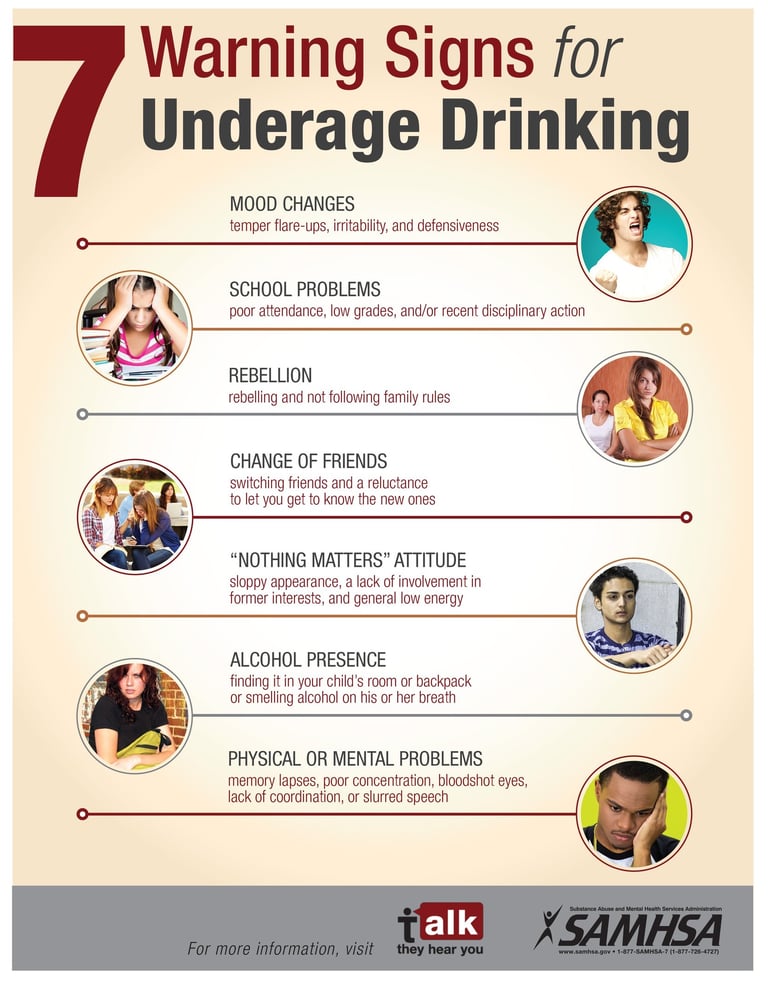
Want to help a loved one?
If you suspect that a loved one—whether it’s your child, spouse, or friend—might be struggling with substance use, it can feel overwhelming. You are not alone, and there are resources available to help guide you through this challenging journey.


Understanding Underage Drinking and Its Dangers
Underage drinking is a serious issue with significant short- and long-term consequences. The U.S. Surgeon General reports that 70% of teens have tried alcohol before the age of 18, and its effects can impact academic performance, social behaviors, and physical health. Young people may be influenced by peer pressure, media portrayals, and social media content that glamorizes drinking. However, the reality of underage drinking includes dangerous health risks, legal issues, and long-term consequences on mental and physical development.
Parents and guardians play a vital role in preventing underage drinking by maintaining open communication, setting boundaries, and providing education about the risks involved. Understanding the signs of underage drinking, such as changes in mood, new social groups, or unexplained absences, can help parents intervene early and prevent further issues. To read more about the dangers of underage drinking and how to support your child, click here.


Recognizing Substance Use
Stages of Substance Use
Addiction often follows recognizable stages, and understanding these can help you intervene early. Early recognition and seeking help before substance use becomes dependence can significantly improve outcomes. View More
Risk Factors for Addiction
While anyone can develop an addiction, substances like nicotine and heroin are highly addictive, especially with regular use. Teenagers and young adults are particularly vulnerable due to their developing brains, and substance use at this stage can lead to long-term negative effects. Statistics show that 90% of individuals with addictions started using substances during their teen years. View More
Starting the Conversation
How to Start the Conversation
Talking to a loved one about their substance use can be daunting, but it’s the first step toward getting them the help they need. Express your concern in a supportive way and ask direct questions like, “Have you been using drugs or alcohol?” While difficult, this conversation can open the door to seeking treatment. View More
Identifying the Signs of Use
Signs of Teen or Young Adult Drug Use
Teen or young adult drug use can be difficult to spot, as many signs overlap with typical adolescent behavior or mental health struggles. However, if you suspect substance use, it’s important to act—being prepared to have an open conversation is crucial for helping your loved one seek recovery. View More
Understanding Addiction
Brain Development and Addiction
During adolescence, the brain is still developing, which influences risk-taking behaviors, mood swings, and susceptibility to addiction. This makes the teen years particularly critical in shaping future health, emphasizing the importance of preventing substance use during this time. View More
Finding Treatment
Quality Treatment Resources
Finding the right treatment for a loved one can be overwhelming, especially if they are without insurance. Montcalm County offers several quality treatment providers that can assist, regardless of insurance status. Look for providers that offer comprehensive, evidence-based care, including medication-assisted treatment, family involvement, and long-term support. View More
Types of Treatment Available
Treatment can vary widely, from inpatient facilities to outpatient services, and should be tailored to the individual’s needs. Treatment plans often combine therapy, medication, and support services to address all aspects of a person’s recovery.
Treatment Costs and Financial Considerations
The financial aspect of treatment can be a significant hurdle, but there are options to make care more accessible, even if your loved one is uninsured. Many providers in Montcalm County offer sliding scale fees or work with state funding to ensure individuals receive the treatment they need, regardless of their financial situation. Find where to call for information about payment for services here.
Treatment Costs: Insured or Uninsured
When helping a loved one through their recovery journey, the added stress of financial concerns can feel overwhelming. We understand that making treatment accessible and affordable requires advocacy and systemic change, but what can you do when your loved one needs help now?
Paying for treatment, whether covered by insurance or not, is often a significant factor in decision-making. However, the most important thing is ensuring that your loved one’s treatment plan is tailored to their unique needs. Treatment can take place in various settings (inpatient or outpatient) and at different levels of intensity, often incorporating medication. It’s essential to understand the different treatment options available as you navigate this part of the recovery process. View More
Types of Treatment Available
For many, “treatment” brings to mind detox or a residential rehab facility. However, detoxification only addresses physical withdrawal symptoms, and residential programs are just one of many options.
Treatment for substance use disorder occurs in various settings (inpatient or outpatient) and at varying levels of care. Treatment plans typically address not just substance use, but also the physical, emotional, and social aspects of an individual’s well-being. For example, opioid use disorder often involves medications to help manage recovery.
Before making any decisions, take the time to fully understand the different types of treatment available, what they involve, and which options best suit your loved one's specific needs. View More


Montcalm County Addiction Recovery Resources
contact
subscribe to our monthly newsletter. We would love to encourage you on your journey.
info@montcalmrecoveryresources.com
© 2025. All rights reserved.


